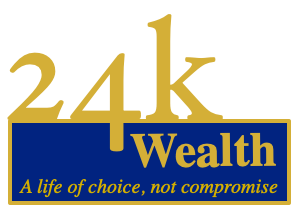Why Fix Interest Rates?
With the current media rhetoric around interest rates set to rise, we are often asked about the pros and cons or fixing interest rates.
The major advantage of fixed rates is that it offers some certainty regarding cash flow during the fixed period.
Historically, fixed rates have been set at higher rates than the prevailing variable rates, due to uncertainty about what will happen in the future.
In the past, therefore, it was more of a gamble to fix your rate because the market needed to move up for you to gain the financial benefit of fixing rates.
In recent times however, selected term fixed rates have generally been lower than or equal to the variable rate. Therefore, if the variable rate doesn’t move over time you may benefit from the lower fixed rate. Fixing is, therefore, less of the gamble than it once was.
Since your mortgage is usually your largest monthly expense, fixing your loan could help you to plan your cash flow.
If interest rates rise as they say, a one percent interest rate rise will have a flow on effect of around a 18-20 per cent increase in your monthly loan repayments.
Now the question you need to ask yourself is: can I afford an increase in my monthly mortgage payments and where am I going to get the money to meet those increase repayments?
There is a downside
When you lock in your interest rate you are contractually liable to meet the fixed rate for the term of your fixed contract, even if the variable rate falls.
Should you break your contract before expiry, you may pay early repayment penalties if the interest rate at the time of cancellation is less than the rate at which you fixed your loan. That said, with interest rates at an all-time low, the risk of penalty, should you decide to terminate your contract is reduced.
In addition, most lenders enforce limits on how much extra you can pay off your loan in any one year, making it difficult for you to pay your loan down faster while you are on a fixed rate contract.
So what should you do?
While fixed rates offer some certainty about your cash flow, variable rates enable you to make additional repayments without penalty and give you access to a non-penalty redraw facility should you need access to cash in future.
Of course, borrowers with variable rates will always benefit should rates fall.
The key is to remain proactive. Setting and forgetting can cost you money and unnecessarily extend the term of your loan.
Consider splitting your loan between a fixed and variable rate.
Providing you are unlikely to sell the underlying property within the fixed rate term, a mix of fixed and variable rates could provide the best of both worlds.
That is, greater certainty of cash flow (fixed) and flexibility (variable) thus allowing to make larger repayments from any windfall cash flow gains you may receive.
The percentages of the mix will depend on your individual circumstances, but the rule of thumb is general 1/3 variable, 2/3 fixed.
Talk to your bank, accountant or contact us at 24kWealth. Contact us
